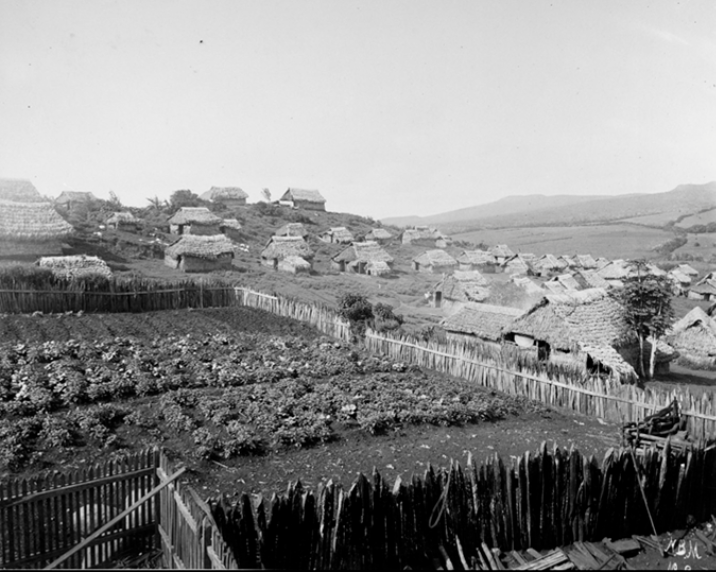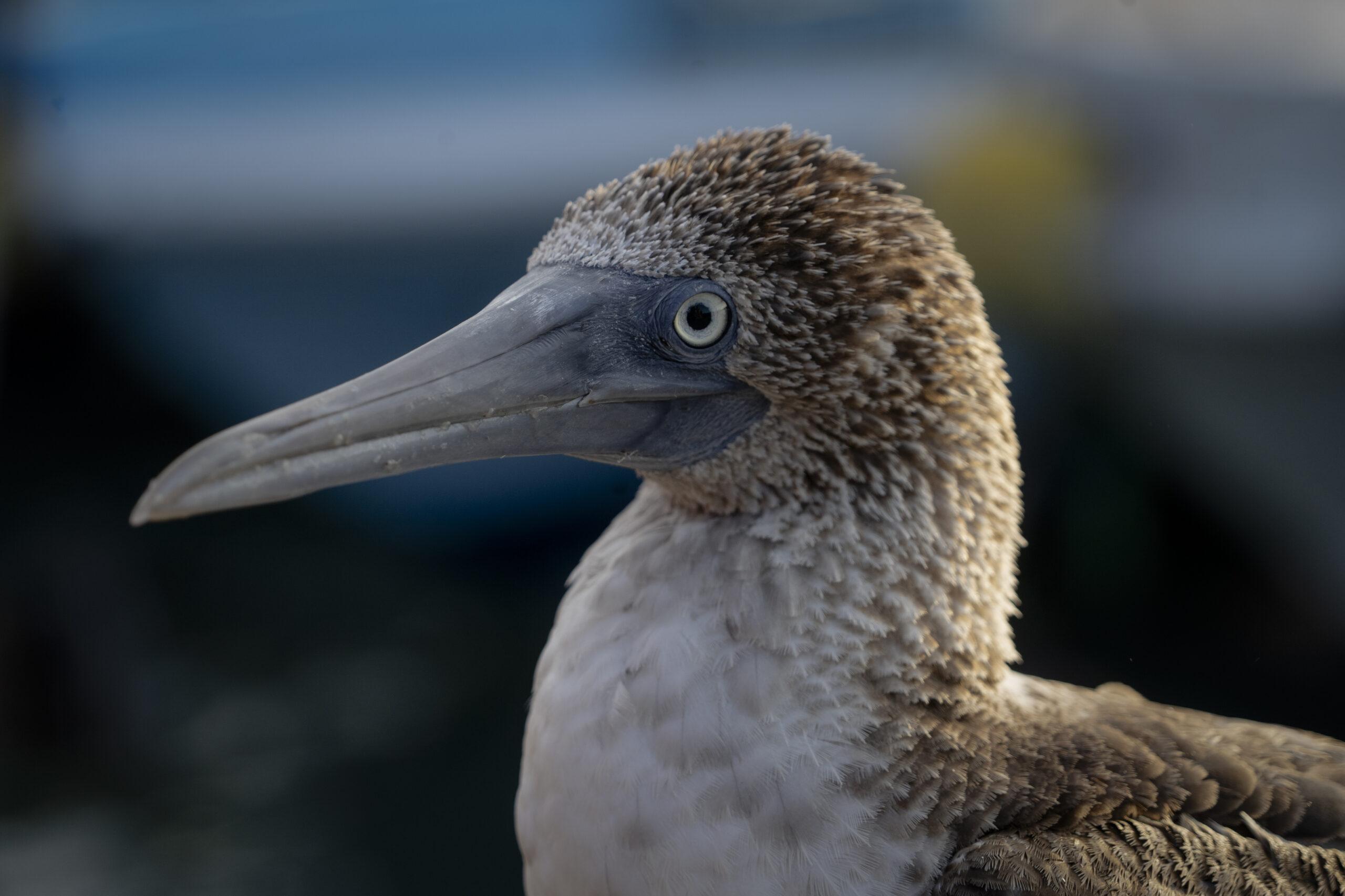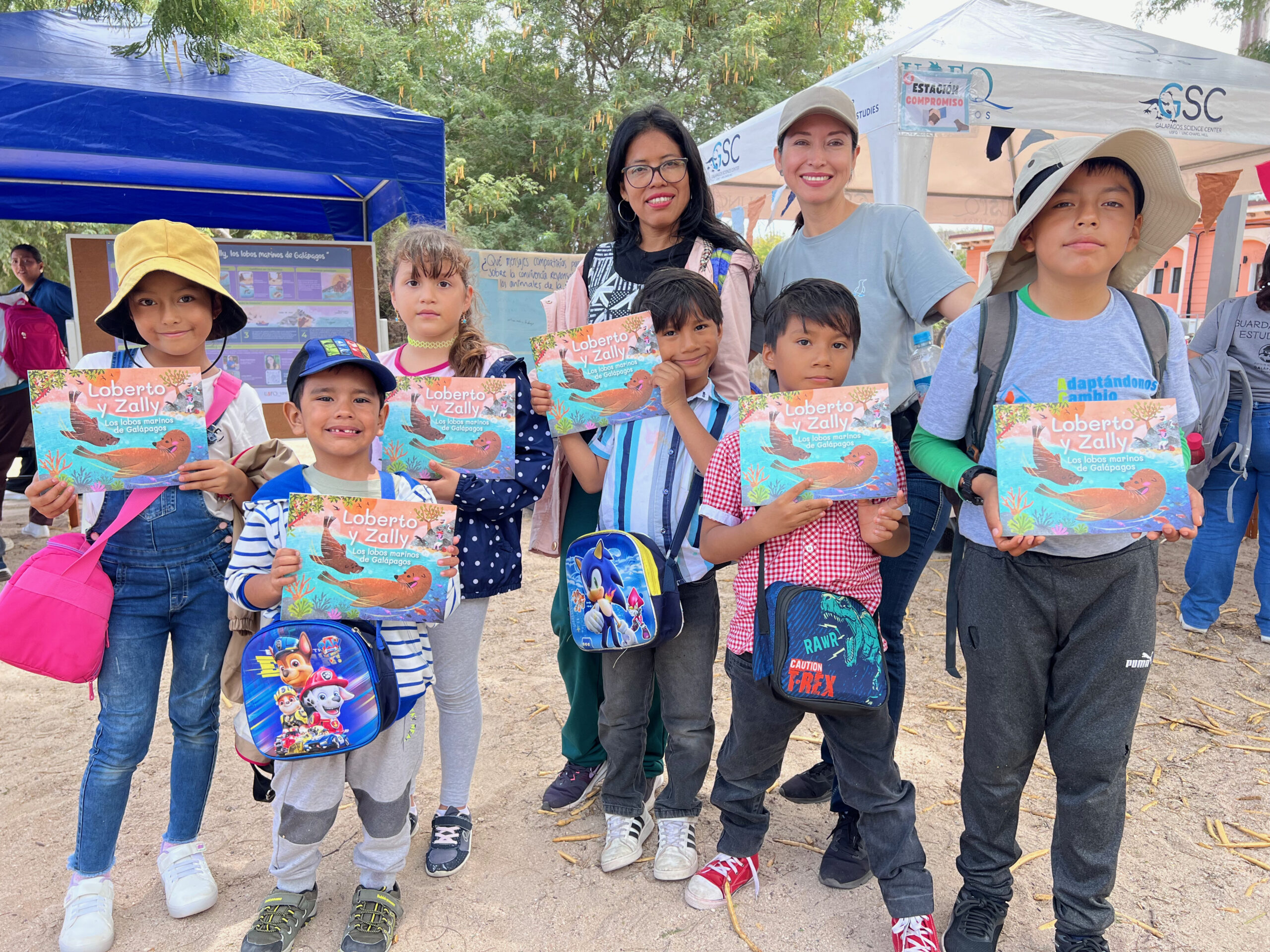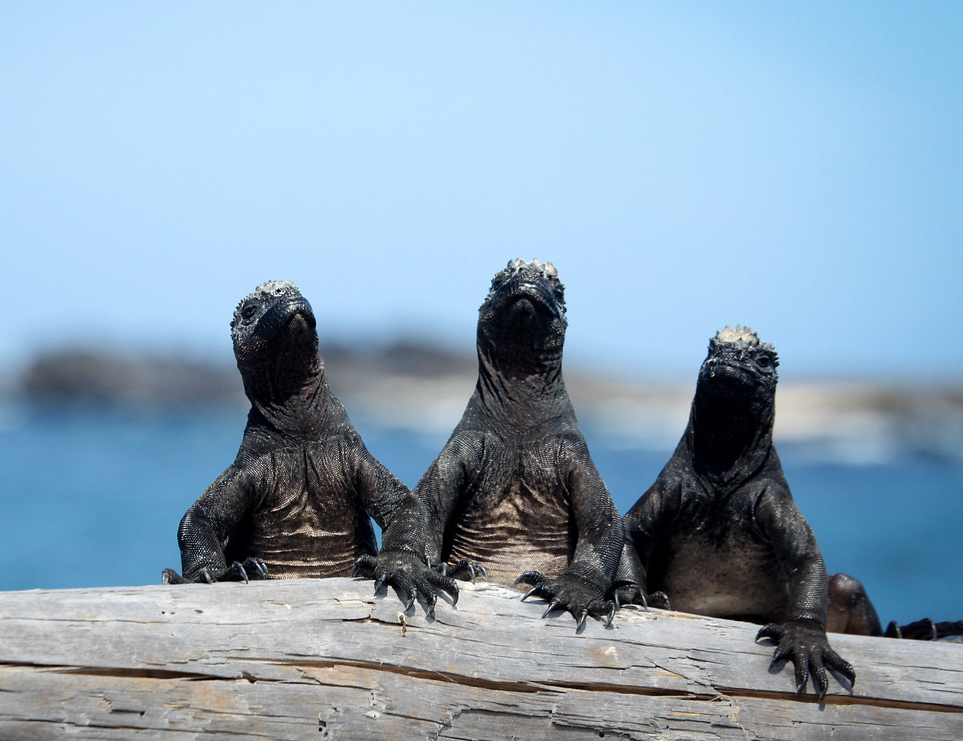Fernando Astudillo, Edy Becerra, Florencio Delgado, Ross Jamieson and Peter W. Stahl.
RESUMEN
La Hacienda El Progreso fue una importante empresa agroindustrial ecuatoriana de finales del siglo XIX. Operando desde la isla San Cristóbal en el archipiélago de Galápagos, la empresa exportó azúcar refinada, café y otros productos a mercados nacionales e internacionales. La plantación funcionó entre las décadas de 1860 y 1930 y fue, al mismo tiempo, el primer asentamiento humano permanente en la isla. Tras su cierre y abandono en 1930, el legado de la plantación tiene una importante influencia en la cultura local. Actualmente, los habitantes de la Isla San Cristóbal configuran su identidad a partir de la importancia histórica de la plantación. El verano de 2018 fue nuestra última temporada de campo en El Progreso. Desde el inicio, nuestra investigación contó con la participación permanente de autoridades y líderes comunales para estudiar el pasado de la isla, ninguno de ellos descendientes directos de los trabajadores originales de la plantación. En este artículo, discutimos el legado y los servicios de nuestro proyecto arqueológico para la sociedad moderna de las Islas Galápagos. Los objetivos son examinar la relevancia de nuestro proyecto para la sociedad contemporánea en aspectos como educación, políticas patrimoniales y economía local; discutir las lecciones aprendidas sobre las interacciones y colaboraciones entre el equipo de arqueología con la comunidad y las autoridades locales; y evaluar las consecuencias a mediano y largo plazo resultantes de implementar un proyecto arqueológico en un santuario ambiental remoto. Las Islas Galápagos son un escenario en donde los intereses sobre la historia humana local colisionan con las agendas de conservación de la naturaleza y una lucrativa industria del ecoturismo.
Conoce más aquí.






